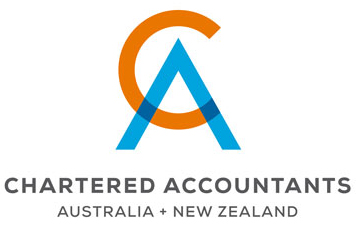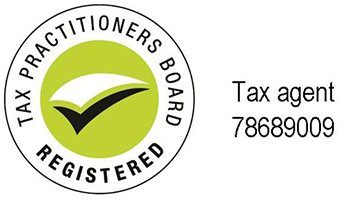Personal fraud and tax scams hit 800,000 Australians a year
Personal fraud and tax scams hit 800,000 Australians a year
The ATO reports that scammers (individuals involved in personal fraud) take almost a billion dollars from more than 800,000 Australians every year. 21 agencies are charged with the task of stopping this crime, including the ATO, which together make up the Australian Consumer Fraud Taskforce (ACFT).
What is personal fraud?
Personal fraud can be credit or bank card fraud, identity theft (including the unauthorised use of a person’s personal details), and the following scams:
- lotteries;
- pyramid schemes;
- phishing and related scams;
- financial advice;
- chain letters; and
- advance fee fraud.
Scams involving tax are common, and victims will often find that their identities have been misused or sold to commit fraud.
Tax scam example
Patrick received an email claiming to be from the ATO, stating that his income tax refund had been ‘recalculated’ and that he was entitled to an additional $250. All he had to do was click on a link in the email, provide some details and, and he could expect the extra money in a few days.
The email looked genuine enough (it had the ATO logo on it) and he thought it was his lucky day. He clicked on the link in the email, which took him to a website that for all purposes looked authentic. All he had to do was complete the form online, then click the print button and send the printed form to the ATO in Canberra.
What really happened? The email was a phishing attack from a scammer. The hyperlink in the email took Patrick to a phishing website, which used content from the official ATO website to add authenticity. When he clicked the ‘print’ button, not only did he print out the ‘claim form’ but he also unknowingly sent his full identity and credit card details electronically to an organised crime syndicate in the Ukraine.
His identity was then sold on the black market. The criminal syndicate that purchased his identity used it to take out a substantial loan in his name. His credit card was used fraudulently to make $10,000 in purchases from online merchants. The syndicate also lodged a false income tax return in his name.

